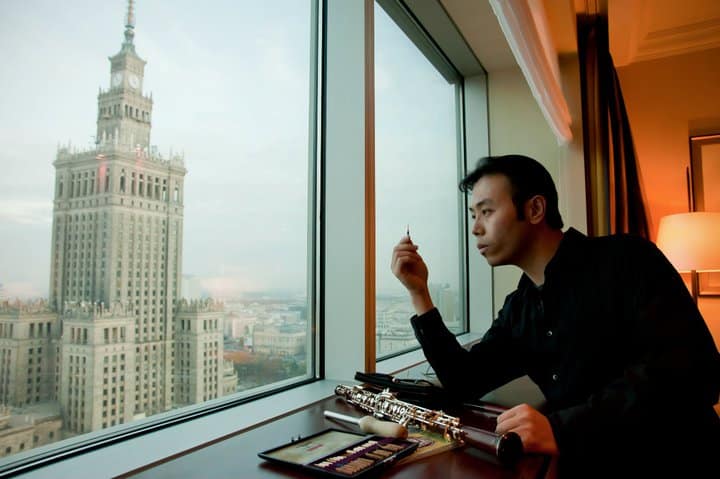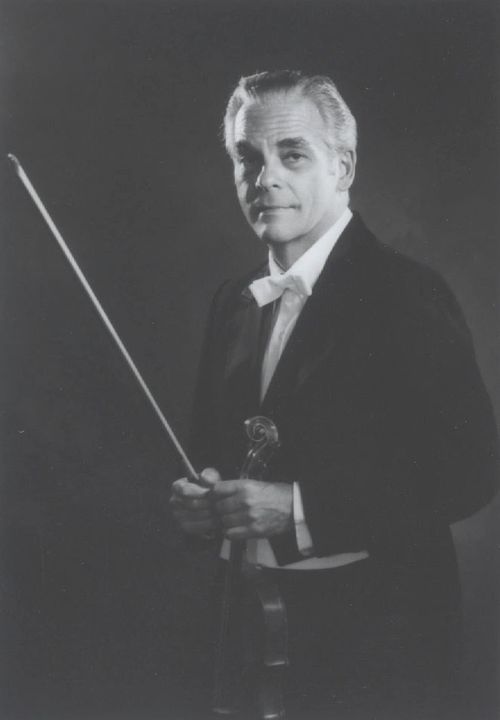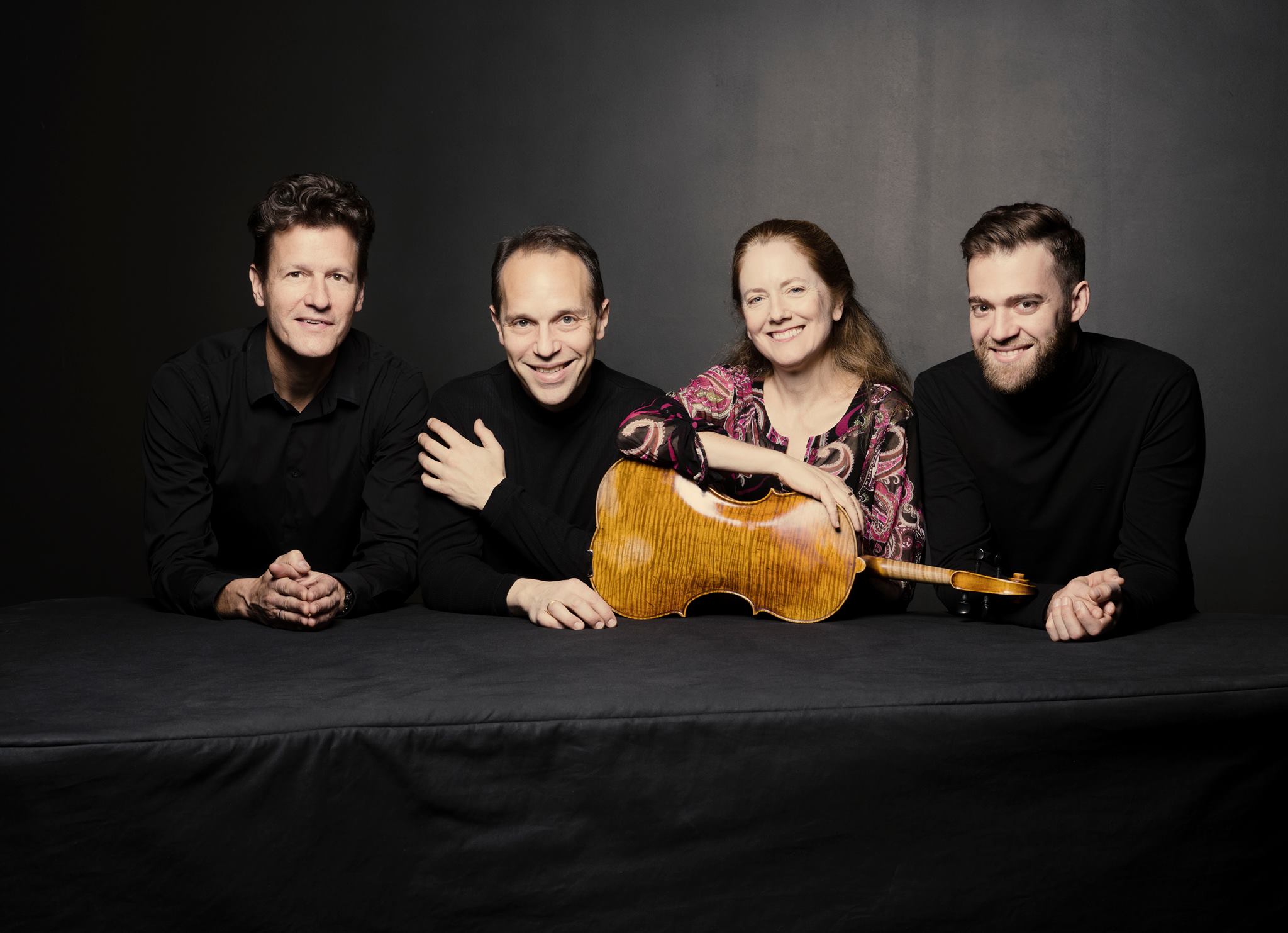The Murdoch message: Opera rips off the taxpayer
mainHeadline in Rupert Murdoch’s Australian outlet today: Australia’s biggest taxpayer rip-off: Is it time for the fat lady to sing?
Headline in Murdoch’s London Times today: Taxpayer’s bill for English Opera hits £155,000 a show.
Do we catch the drift?

The Aussie article argues: Is opera the ultimate waste of public money? We give them big sums, but not many people actually attend. I have nothing against opera as an art form — I have been and enjoyed it. I support arts funding in general. But opera is just one genre of live music and we’re clearly putting too much money into it.
The English one claims: The cost to the taxpayer of each English National Opera performance has risen to £155,000 after the company scaled back its work to cope with funding cuts. The figure, an increase from £112,000 of subsidy for each show last season…
Since when was opera a value-for-money proposition?
And who’s stoking the flames of rampant philistinism?






How does he feel about the Olympics?
New/heavily upgraded facilities every four years, some providing a legacy, many not. The British team has done well, at around £4m per medal.
Good value? Arguable.
And why does he single out England?
ENO’s cancellation of their much trumpeted Blackpool visit is surely worth putting under the spotlight. That they had not secured the venue when they announced the season several months ago is yet another sign of really poor management. Who knows what commitments they have made to artists engaged for the Mikado which they will have to honour,. This matter has nothing to do directly with subsidy and everything to do with rank incompetence.
That’s a fair point.
No reason to question the validity of opera generally of course.
Not sure how you determine the “right” amount of money. It’s not about the survival of opera; wealthier people will always have access to it. It’s whether poorer people, and people from backgrounds where it is neglected, should be deprived of the same opportunity to enjoy it.
Whilst the views expressed in the Australian article are deeply reactionary, the writer questions the whole of the funding of opera in Australia, I think it is fair to question the funding of one specific company here in the UK when even with it’s much reduced subsidy it is still better supported than the rest of the operatic infrastructure other than ROH.
Seen from the ‘provinces’ the extent of the ongoing indulgence towards ENO is dispiriting, particularly when the work of ETO, ON and WNO seems always to be considered second best to the so called ‘National’ companies. The future of ENO is of little concern to anyone outside it’s catchment area and yet whilst the rest of the country is quietly content with the high standard of the operatic fare on offer from the touring curcuit, any questioning of the overblown company in St Martins Lane is met with howls of protest from friends of people within it’s management.
The correspondent in Australia is questioning the whole of the state funding of Opera per se. Here the ongoing saga of funding for a company that appears to be not fit for purpose seems to me to be perfectly justified, particularly when the arrangement between ETO and Blackpool was jettisoned in favour of ENO, a visit many thought little more than a half hearted gesture in the first place.
I think some of your comments are a little unfair.
ENO used to be a great company, so it’s not unreasonable to ask what on earth has gone wrong.
I don’t think that ETO, ON and WNO are invariably considered second best, and their supporters (particularly ON, which branched off from ENO in the first place) can be equally prickly. I can attest to this as ON is easily my nearest opera company.
With regard to “so called ‘National’ companies'”, I believe it was Mr Lebrecht who revealed that ENO was/is debarred from touring. Don’t ask me why. The Royal Opera has made two attempts to establish a base in Manchester. The arguments were complex but not everyone north of Watford was in favour.
Also worth pointing out that a lot of the hot air about ENO at present is coming from people who are anything but friends of the management there. There seems to be a well-co-ordinated faction within the company, vigorously supported (and seemingly never questioned) by some quite distinguished critics and music journalists, who stoke outrage at any attempt by the current ENO management to place the company on a more sustainable financial footing. But I don’t get the impression that these people are supporters of Cressida Connolly and her administration.
As regards ENO vs the regions, I don’t see an issue myself. Most people who attend regional and London opera houses regularly will freely admit that ON, WNO and ETO often produce work that’s the equal of or superior to the better-funded companies in London (in fact some of ENO’s most-praised productions of late have originated with regional companies). What is interesting though, is how frequently ENO’s work is actually artistically superior to that at the infinitely better-funded Royal Opera (this has certainly been the case fairly consistently with the work I’ve seen at these two houses this year).
We rarely get any kind of in-depth view in these type of articles.
How many artists and craftspeople do these companies employ? People with specialized skills who contribute to the tax base of their neighborhoods. How many visitors from outside the immediate area of the opera house come to the performances? How many of those are from outside the country? These tourists also contribute to the tax base by way of hotels and restaurants, not just the opera ticket they bought.
Is the goal of opera companies in Australia to offer performances about the Australian experience? My guess is that it goes somewhat beyond that, but even if the answer were yes, how does a company maintain their people without full time employment (witness the several comments Ms Pollock of ENO has made about the chorus)…
How do audiences explore different types of opera — which are, indeed, different types of music — without exposure to them? It’s not an assembly line in a manufacturing plant. It’s a collaborative art form, not a robot installing widgets. You can’t expect an equal take at the box office for every show.
Could there be improvements in outreach and education activities? No doubt. Perhaps changing the form of those presentations would have more of the desired impact. Many lifelong opera fans, myself included, were hooked at an early age.
Otherwise, what do we do? Close all the theatres? Become insular instead of global? Only produce “popular” works (whatever that means)?
In the Australian article, there’s actually a fair amount of detail, but not really about opera or the people who put it together. But a broader and deeper investigation is warranted — the information can’t be that hard to come by. Of course, the respect I have for Mr. Murdoch’s journalistic integrity — and his paid writers, tainted with the same brush — is quite literally indescribable.
Nothing new here:
the usual populist old tired canard argument which can be used by leftists without having to change a syllable. These enlightened brigades smell “elitism” all the way long whenever a Beethoven symphony is played, a Puccini opera performed or a Shakespeare play on stage.
My guess is that apart from some few countries with a deeper understanding for that certain part of culture the number of opera houses will diminish in the next years considerably.
The combination of increasing populism on the right and PC correct ideology on the left
is a toxic mix for anything –not just opera — being perceived as ‘elitist’.
“The combination of increasing populism on the right and PC correct ideology on the left is a toxic mix”
Spot on, IMO.
+1
Agreed.
it could be added that people who complain about the money spent on opera could make use of the investment by going themselves.
Since when did the Murdoch press employ “leftists” to attack the arts? It is just the usual “price of everything” “value of nothing” populism.
“Rips off”? Is that what he said, or is this the deliberate misuse of language so it can be more emotive and the direct opposite of objective reporting?